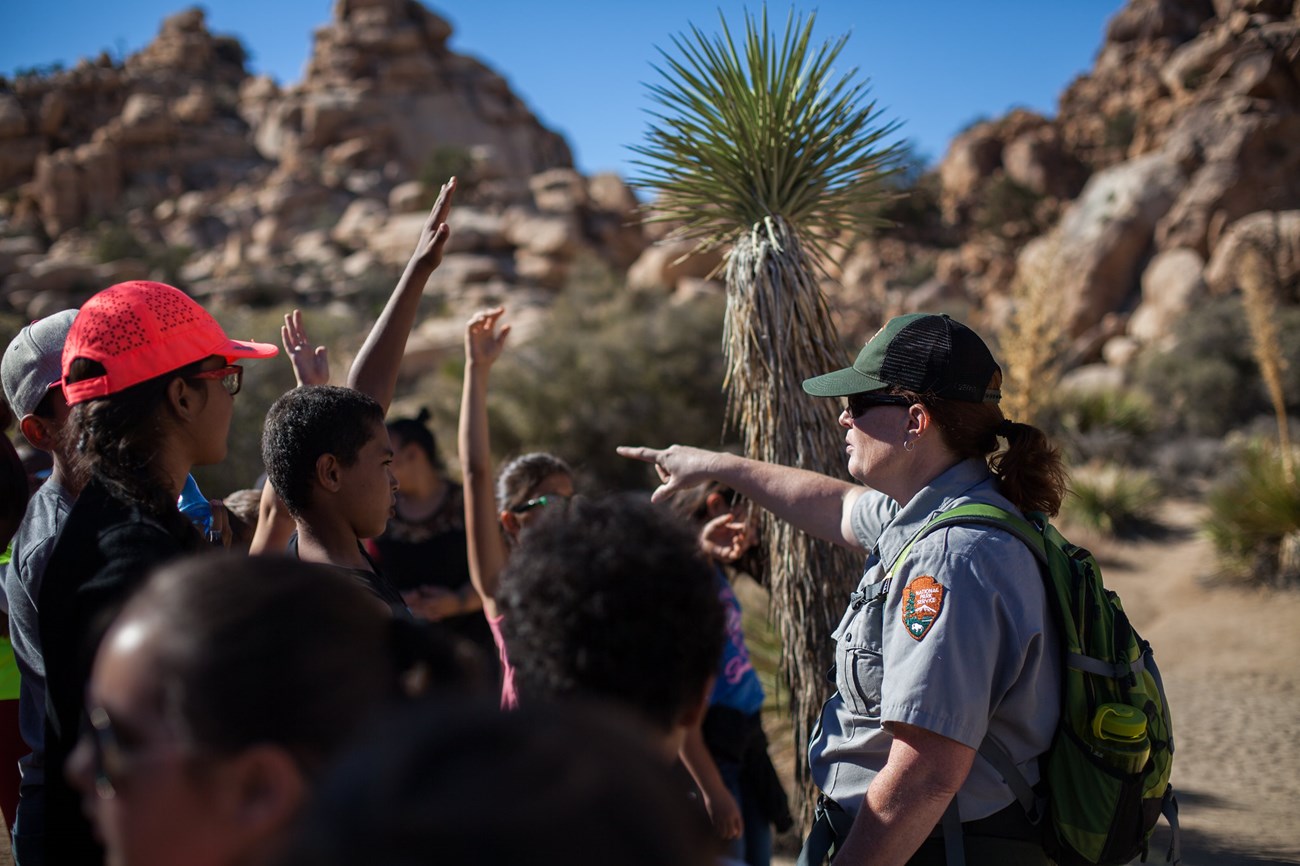

The Wilderness Act was passed in 1964, signed into law by President Lyndon B. Johnson. This Act established the National Wilderness Preservation System ". for the permanent good of the whole people." This law also directs federal land management agencies, including the National Park Service (NPS), to manage these wilderness areas and preserve wilderness character.
The Wilderness Act of 1964 established the National Wilderness Preservation System, a national network of more than 800 federally-designated wilderness areas. These wilderness areas are managed by the National Park Service, Bureau of Land Management, US Fish and Wildlife Service, and US Forest Service.
To support the mandates of the Wilderness Act, the NPS developed specific policy to address wilderness management and stewardship. NPS Management Policies 2006, Chapter 6 and Director's Order 41 (2013), which are updated on a periodic basis, help managers understand why wilderness is important and how they can manage these areas most effectively.
Reference Manual 41 expands on this wilderness policy by listing relevant legislation, regulations, other instructions or requirements issued through policy, as well as examples, illustrations, recommended practices, forms, etc. This dynamic list of guidance documents is added to and updated as needed.
The smallest wilderness area in the National Wilderness Preservation System is the five and half acres Pelican Island Wilderness in Florida. This wilderness area is managed by the US Fish and Wildlife Service. The waters surrounding Pelican Island provide abundant food for the area's wading birds who nest on the wilderness island, including great blue herons, white ibis, anhingas, and oyster catchers.
The largest wilderness area in the National Wilderness Preservation System is the Wrangell-St. Elias Wilderness, protecting more than nine million acres of Alaskan tundra and boreal forest. This NPS-managed wilderness area is home to many different animals including Dall sheep, grizzly bears, caribou, wolves, and wolverines.